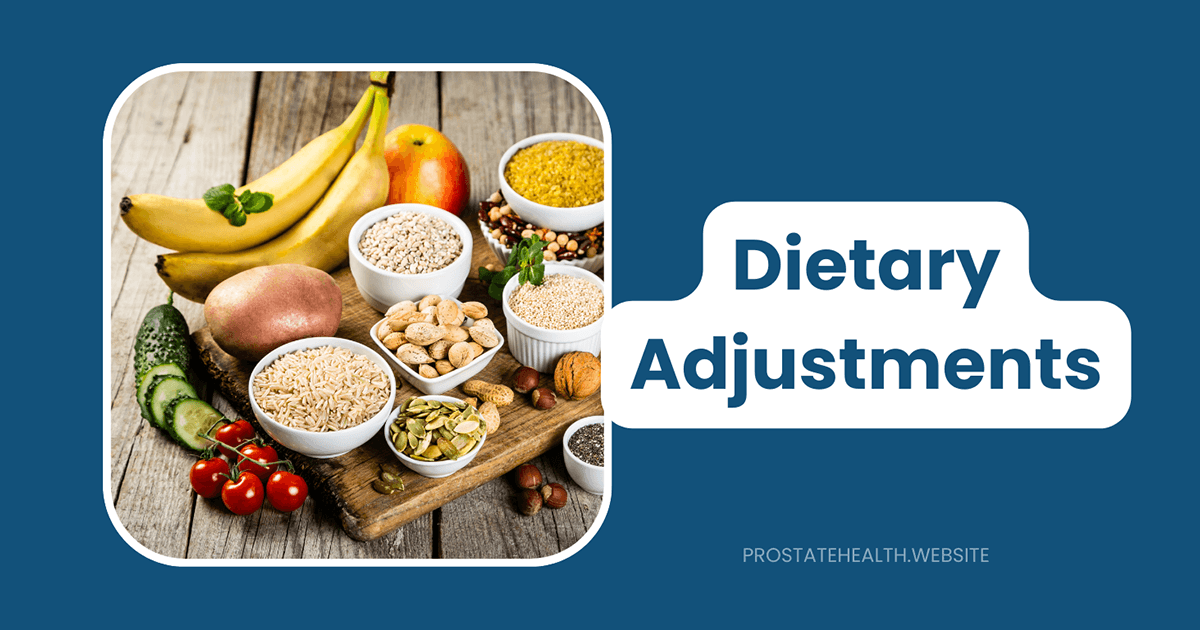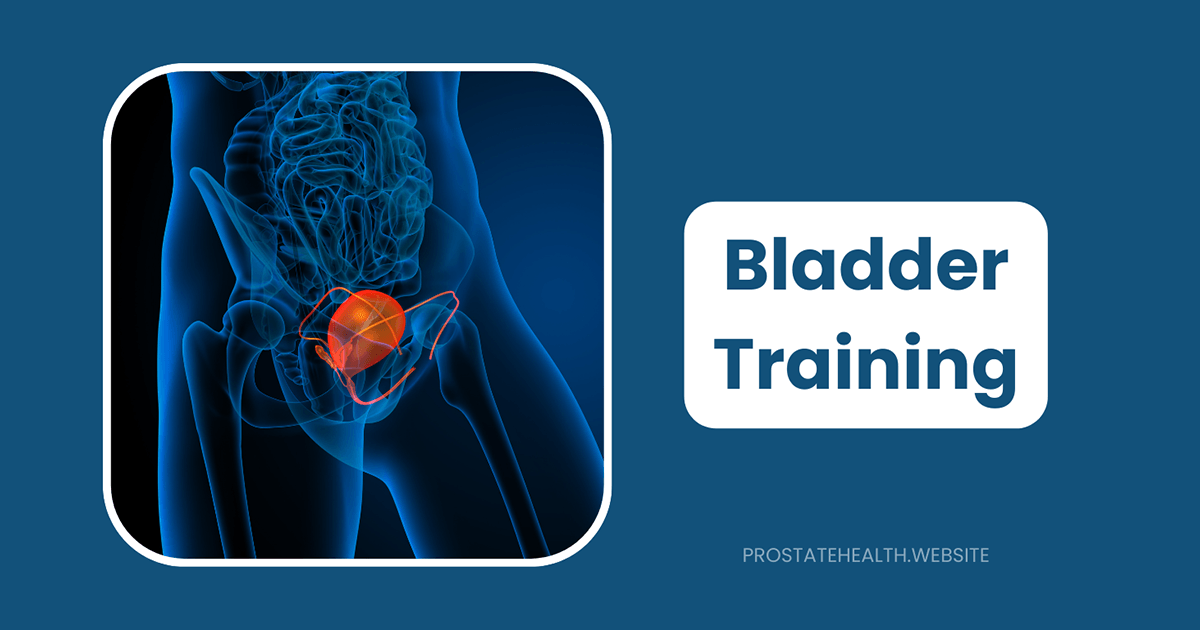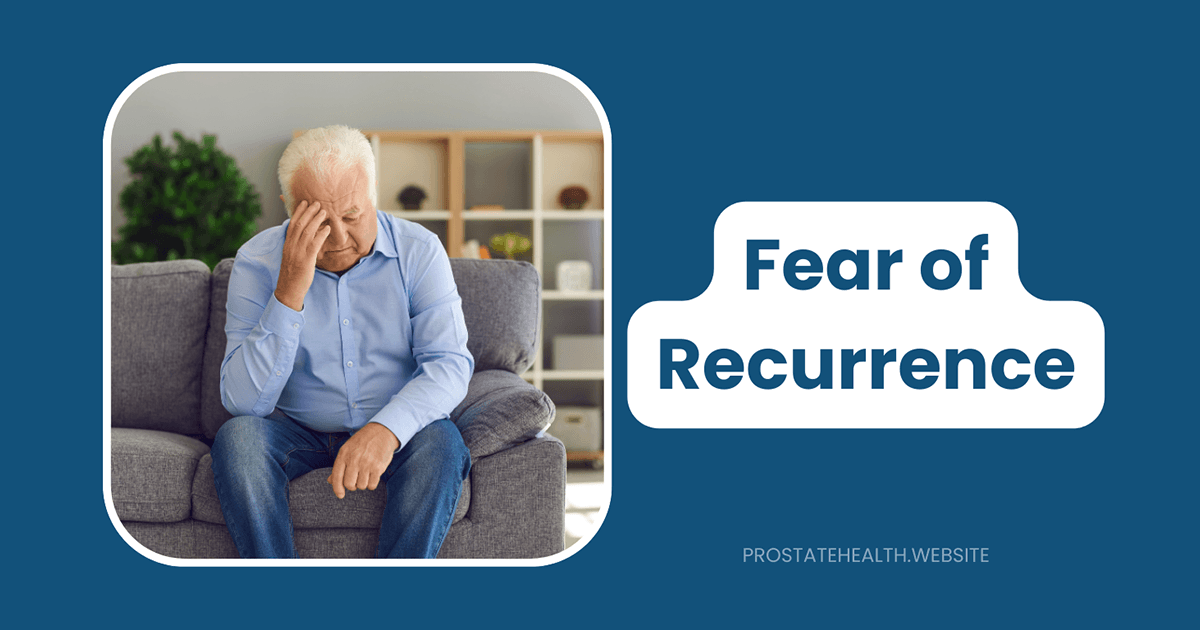Dietary Adjustments to Reduce Urinary Symptoms

If you’re dealing with urinary symptoms—whether it’s frequent urination, urgency, nighttime bathroom trips, or a weak stream—what you eat and drink can have a surprising impact on your comfort and quality of life. As someone who’s worked with countless men navigating prostate health challenges, I’ve seen firsthand how simple dietary adjustments can make a significant difference in managing these frustrating symptoms.
The connection between diet and urinary health isn’t just anecdotal. A growing body of research confirms that certain foods and beverages can either irritate the bladder and worsen symptoms or help soothe and support your urinary system. Let’s explore how you can harness the power of nutrition to take control of your urinary health.
Understanding the Diet-Urinary Connection
Before diving into specific recommendations, it helps to understand why diet matters. For men with prostate issues like benign prostatic hyperplasia (BPH)—which affects approximately 40 million American men—dietary choices can influence:
- Inflammation levels: Certain foods promote inflammation that can worsen prostate swelling and urinary symptoms
- Bladder irritation: Some foods and drinks directly irritate the bladder lining, increasing urgency and frequency
- Fluid balance: What and when you drink affects urine production and nighttime bathroom trips
- Prostate health: Specific nutrients can support or potentially harm prostate function
Dr. James Wilson, urologist at Brown Health, notes: “Many men are surprised to learn that simple dietary changes can reduce their urinary symptoms by 30-40% in some cases. It’s often the first line of treatment I recommend before considering medication.”
Foods and Drinks to Limit or Avoid
Bladder Irritants
These items can directly irritate the bladder lining, potentially worsening urgency, frequency, and discomfort:
Caffeinated Beverages
- Coffee (including decaffeinated, which still contains some caffeine)
- Tea (black, green, and many herbal varieties)
- Energy drinks
- Cola and other caffeinated sodas
Caffeine is a double threat—it irritates the bladder and acts as a diuretic, increasing urine production. According to a 2025 study in the Journal of Urology, reducing caffeine intake led to a 30% decrease in urinary frequency in men with BPH.
Alcoholic Beverages
- Beer
- Wine
- Spirits
Alcohol is another dual problem—it irritates the bladder and increases urine production. Even moderate consumption can worsen symptoms, particularly at night.
Acidic Foods and Beverages
- Citrus fruits and juices (oranges, grapefruits, lemons, limes)
- Tomatoes and tomato-based products (sauce, juice, soup)
- Pineapple
- Cranberry juice (despite its reputation for urinary tract health, it can irritate the bladder)
Other Common Irritants
- Carbonated drinks (even plain sparkling water)
- Spicy foods (hot peppers, curry, chili powder)
- Artificial sweeteners (especially aspartame and saccharin)
- Chocolate (contains caffeine and other potential irritants)
Mark, a 62-year-old patient with moderate BPH symptoms, shared: “I was skeptical that cutting out my morning coffee would make much difference. Within a week of switching to herbal tea, my nighttime bathroom trips went from 3-4 times to just once. It was like night and day.”
Foods That May Worsen Prostate Health
Beyond bladder irritants, certain foods may contribute to prostate inflammation or growth:
High-Fat Animal Products
- Red meat (especially processed meats like bacon and sausage)
- High-fat dairy (whole milk, cheese, ice cream)
A 2025 review in the Journal of Nutrition found that men who consumed the highest amounts of red meat had a 38% higher risk of BPH progression compared to those who ate the least.
Inflammatory Foods
- Highly processed foods
- Foods high in refined sugar
- Foods with trans fats
High-Sodium Foods
- Processed and packaged foods
- Fast food
- Canned soups and vegetables
Excess sodium can lead to fluid retention, potentially worsening urinary symptoms.
Beneficial Foods for Urinary and Prostate Health
Now for the good news—many delicious foods can actually support your urinary and prostate health:
Anti-Inflammatory Powerhouses
Omega-3 Rich Foods
- Fatty fish (salmon, mackerel, sardines)
- Walnuts
- Flaxseeds and chia seeds
Omega-3 fatty acids help combat inflammation throughout the body, including the prostate. According to research from the Cleveland Clinic, men who consumed omega-3 rich foods at least twice weekly reported fewer urinary symptoms than those who rarely ate these foods.
Colorful Fruits and Vegetables
- Berries (blueberries, strawberries, blackberries)
- Bell peppers
- Leafy greens
These foods are rich in antioxidants that fight inflammation and support overall health.
Prostate-Supporting Nutrients
Lycopene-Rich Foods
- Cooked tomato products (paste, sauce)—despite being potential bladder irritants, these can benefit the prostate when cooked
- Watermelon
- Pink grapefruit
Lycopene is a powerful antioxidant that has been linked to prostate health. Cooking tomatoes actually increases lycopene availability.
Zinc and Selenium Sources
- Pumpkin seeds
- Brazil nuts (just 1-2 daily provides adequate selenium)
- Oysters
- Legumes
These minerals play important roles in prostate function and health.
Fiber-Rich Foods
- Whole grains (oats, brown rice, quinoa)
- Legumes (beans, lentils, chickpeas)
- Vegetables
- Fruits (non-citrus)
Adequate fiber helps prevent constipation, which can put pressure on the bladder and worsen urinary symptoms. A 2025 study in the European Journal of Nutrition found that men who consumed at least 25g of fiber daily had significantly fewer lower urinary tract symptoms than those consuming less than 15g.
Strategic Hydration: The When and How
Proper hydration is crucial for urinary health, but the timing and type of fluids matter:
Optimal Hydration Strategies
- Aim for 6-8 cups (48-64 ounces) of fluid daily unless otherwise directed by your healthcare provider
- Front-load your hydration by drinking more in the morning and early afternoon
- Reduce fluid intake in the evening (2-3 hours before bedtime)
- Make water your primary beverage
- Try bladder-friendly alternatives like milk alternatives (oat, almond), herbal teas (chamomile, peppermint), and diluted fruit juices (pear, apple)
Tom, a 58-year-old with nocturia (nighttime urination), shared: “I used to think I needed to drink water right before bed to stay hydrated. My urologist suggested I stop drinking fluids after 7 PM, and my nighttime bathroom trips decreased from 3-4 times to just once most nights.”
Creating Your Personalized Urinary Health Diet Plan
Everyone’s body responds differently to dietary changes. Here’s a systematic approach to finding what works for you:
Step 1: Elimination Phase (2-3 weeks)
- Remove the major bladder irritants (caffeine, alcohol, spicy foods, acidic foods)
- Focus on bladder-friendly foods and proper hydration
- Keep a symptom journal to track improvements
Step 2: Reintroduction Phase
- Slowly reintroduce one potential irritant at a time (every 3-5 days)
- Note any symptom changes in your journal
- Identify your personal triggers and tolerances
Step 3: Maintenance Phase
- Create a sustainable eating plan based on what you’ve learned
- Allow for occasional treats by planning ahead
- Continue to monitor and adjust as needed
Sample Meal Plan for Urinary Symptom Relief
Here’s what a day of bladder and prostate-friendly eating might look like:
Breakfast:
- Oatmeal with blueberries, ground flaxseed, and a sprinkle of pumpkin seeds
- Herbal tea (chamomile or peppermint)
Mid-morning Snack:
- Apple slices with almond butter
- Water
Lunch:
- Grilled chicken salad with mixed greens, cucumber, carrots, and olive oil dressing
- Quinoa or brown rice
- Water with lemon (if tolerated) or plain water
Afternoon Snack:
- Handful of walnuts
- Pear
- Water
Dinner:
- Baked salmon with herbs
- Roasted sweet potatoes
- Steamed broccoli
- Water (finish drinking by early evening)
Evening:
- Herbal tea (non-caffeinated, like chamomile) if desired
- No or minimal water
Beyond Diet: Complementary Approaches
While diet plays a significant role in managing urinary symptoms, combining nutritional changes with other strategies can enhance your results:
Pelvic Floor Exercises
- Strengthen the muscles that control urination
- Can improve symptoms of both urinary frequency and urgency
Timed Voiding
- Urinate on a schedule rather than waiting for the urge
- Gradually increase the time between bathroom visits
- Helps retrain the bladder
Stress Management
- Stress can worsen urinary symptoms
- Consider meditation, deep breathing, or yoga
- Even 5-10 minutes of relaxation daily can help
When to Seek Medical Help
While dietary changes can significantly improve urinary symptoms, they’re not a substitute for proper medical care. Consult your healthcare provider if:
- Your symptoms are severe or significantly impact your quality of life
- You experience pain during urination
- You notice blood in your urine
- You have difficulty starting or stopping your urine stream
- You haven’t had a prostate exam in the past year (if you’re over 50)
The Bottom Line
What you eat and drink can have a profound impact on your urinary symptoms. By identifying and avoiding your personal triggers while embracing prostate-supporting foods, you can take a proactive role in managing your urinary health.
Remember that dietary changes typically take 2-3 weeks to show their full benefit, so be patient and consistent. Many men find that these nutritional adjustments not only improve their urinary symptoms but also enhance their overall health and wellbeing.
Have you found certain foods that help or worsen your urinary symptoms? Share your experiences in the comments below.






